US President Donald Trump has issued a sweeping pardon to several key figures accused of trying to overturn the 2020 election results, including Rudy Giuliani, Sidney Powell, John Eastman, Mark Meadows, and Boris Epshteyn, the White House announced late Sunday (November 9, 2025).
According to US Pardon Attorney Ed Martin, the pardon — signed by Trump on Friday — covers 77 individuals allegedly involved in efforts to arrange an alternate slate of electors and “expose voting fraud” during the 2020 election.
“The proclamation ends a grave national injustice perpetrated upon the American people following the 2020 Presidential Election and continues the process of national reconciliation,” the pardon states. “This pardon does not apply to the president of the United States,” it adds.
The order grants a “full, complete, and unconditional” reprieve to Trump’s close allies, including those charged in Georgia in connection with the alleged scheme to overturn the election outcome. Four of the recipients had previously pleaded guilty in the case.
Presidential pardons apply only to federal charges and do not affect state or local prosecutions, meaning some individuals may still face legal exposure at the state level.
Last week, Trump also granted clemency to a retired New York City police officer convicted in 2013 of spying for China, and to former Major League Baseball player Darryl Strawberry, who faced a 1995 tax evasion charge.
Impact Shorts
More ShortsTrump’s ties to Giuliani
Rudy Giuliani, the former Mayor of New York City, has long been one of Donald Trump’s most trusted allies and legal defenders. As a key figure in Trump’s post-election legal team, Giuliani spearheaded efforts to overturn the 2020 election results — efforts that led to a $1.3 billion defamation lawsuit filed by Dominion Voting Systems. The case was settled in September 2025.
Trump has frequently lauded Giuliani, calling him the “greatest Mayor in the history of New York City,” and announced earlier this year that he would award him the Presidential Medal of Freedom.
In September, Trump reignited criticism of the FBI after a Blaze report claimed that 274 undercover agents were present during the January 6 Capitol riot — a claim that contradicted findings by the Justice Department’s Inspector General.
In a Truth Social post, Trump accused the bureau of secretly deploying agents “against all rules” and demanded that their identities and actions be disclosed.
Trump’s controversial pardons
The latest wave of clemency adds to a long list of controversial pardons issued by Trump during his presidency and after his return to office.
Defending his decision to pardon Binance founder Changpeng “CZ” Zhao, Trump said the Biden administration had treated him “unfairly.” The move drew sharp criticism from Democratic senators Chris Murphy, Elizabeth Warren, and Adam Schiff, who accused Trump of corruption tied to Binance’s $2 billion investment in Trump-linked World Liberty Financial.
The backlash follows Trump’s earlier pardons of BitMEX co-founders Arthur Hayes, Benjamin Delo, and Samuel Reed, all of whom had pleaded guilty to money laundering and regulatory violations.


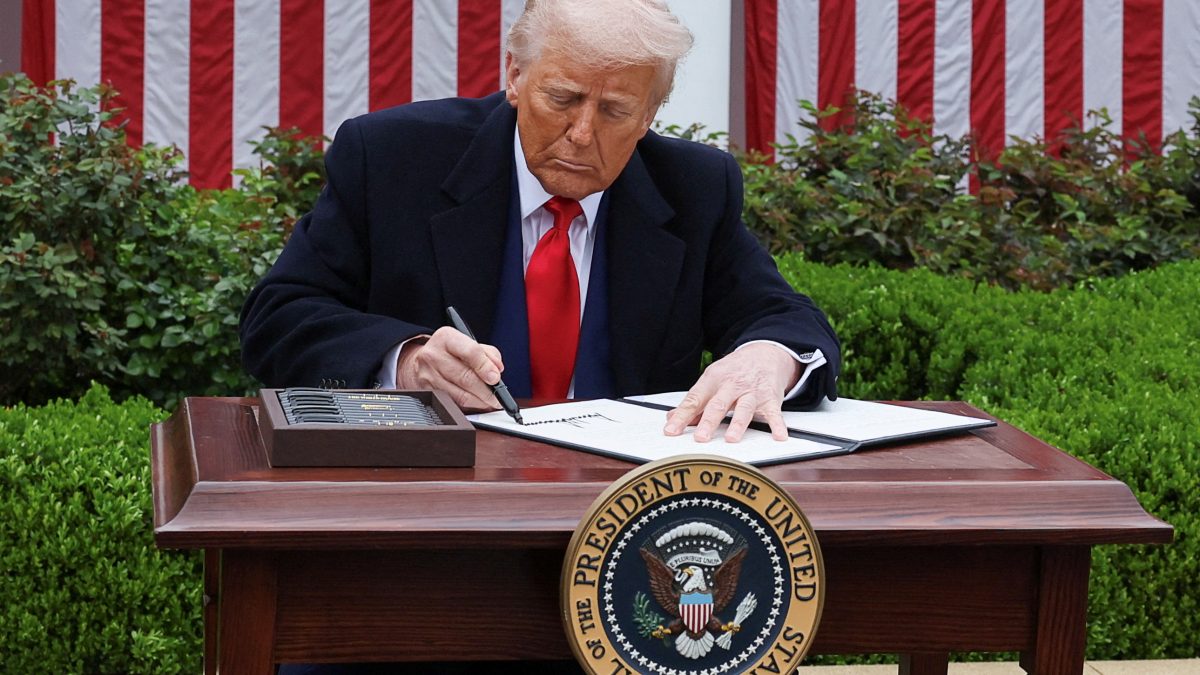)

)
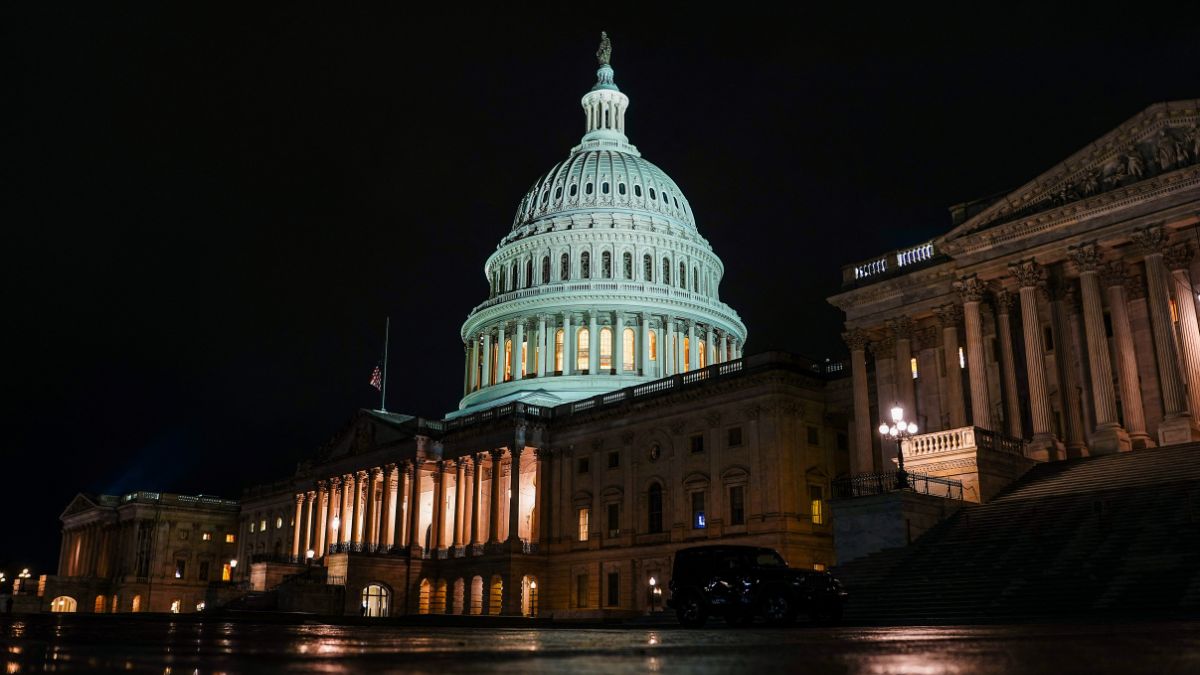)
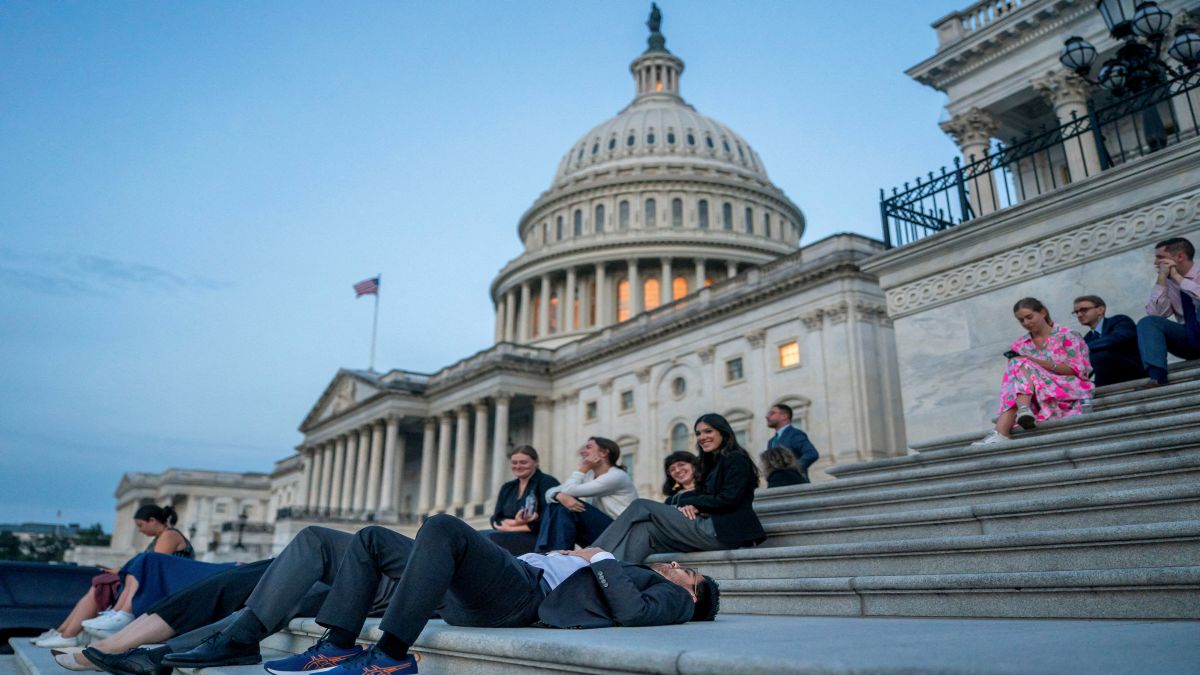)
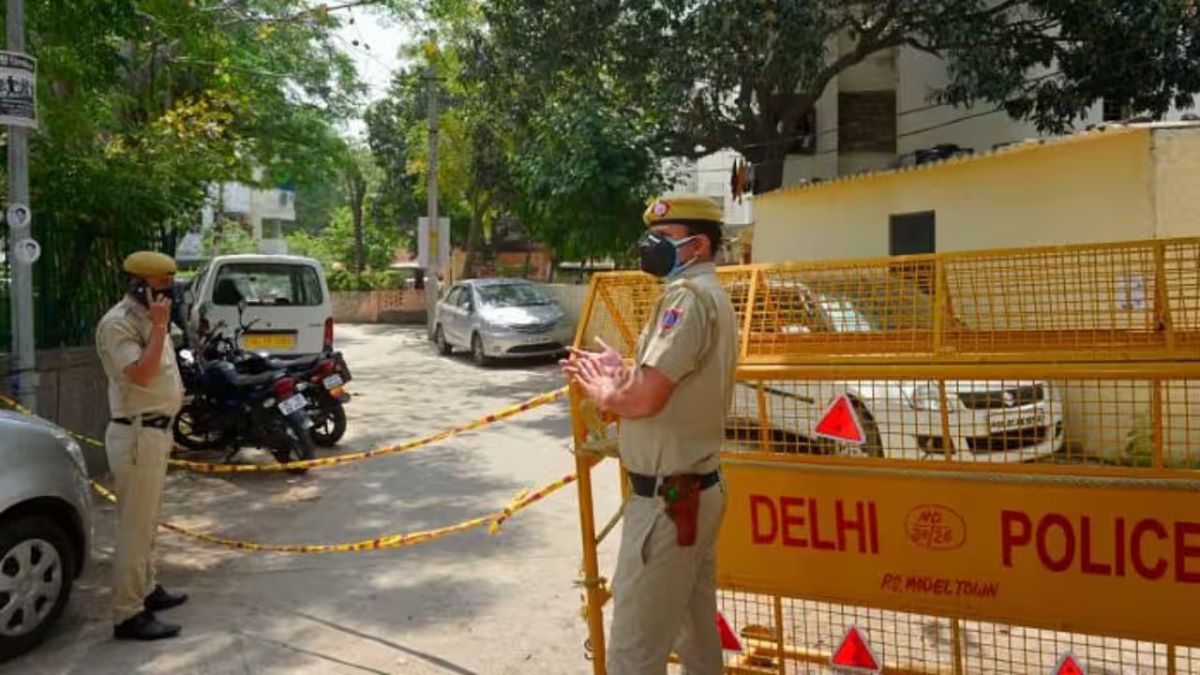)
)
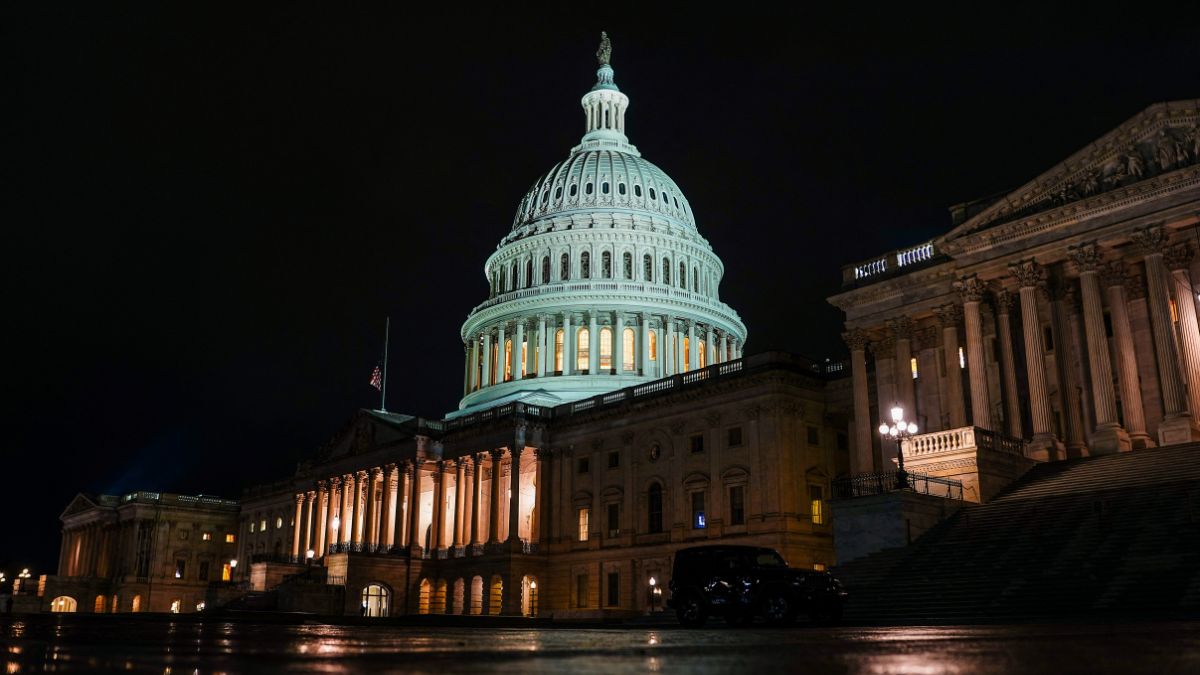)
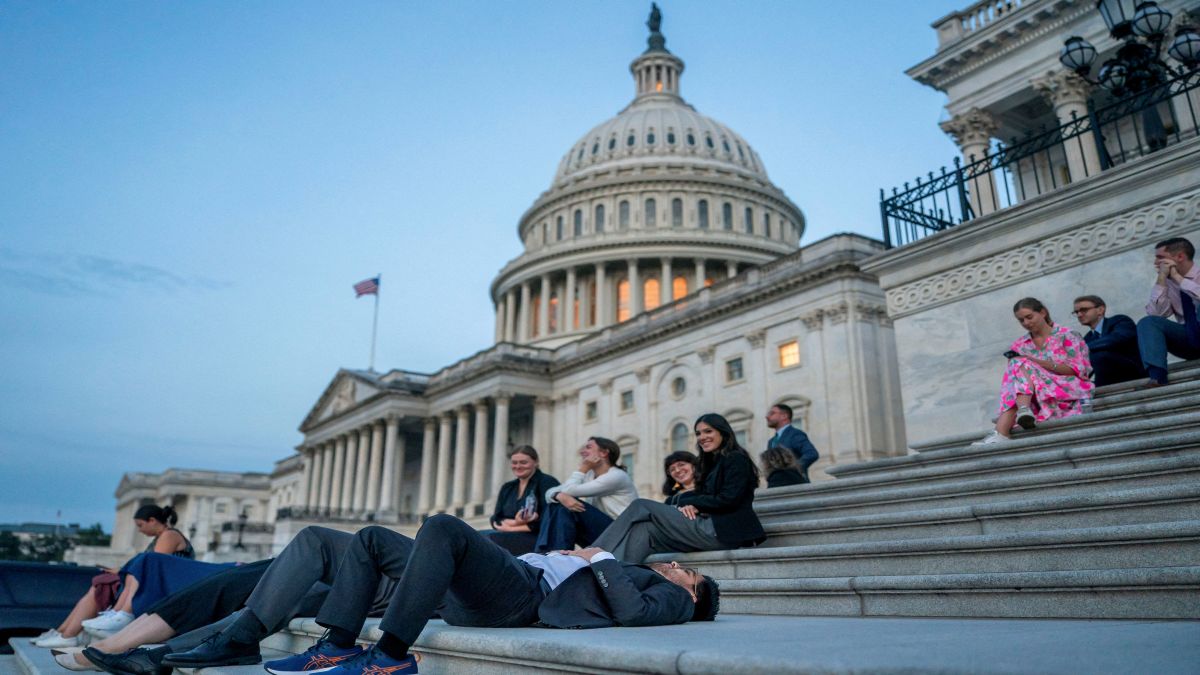)
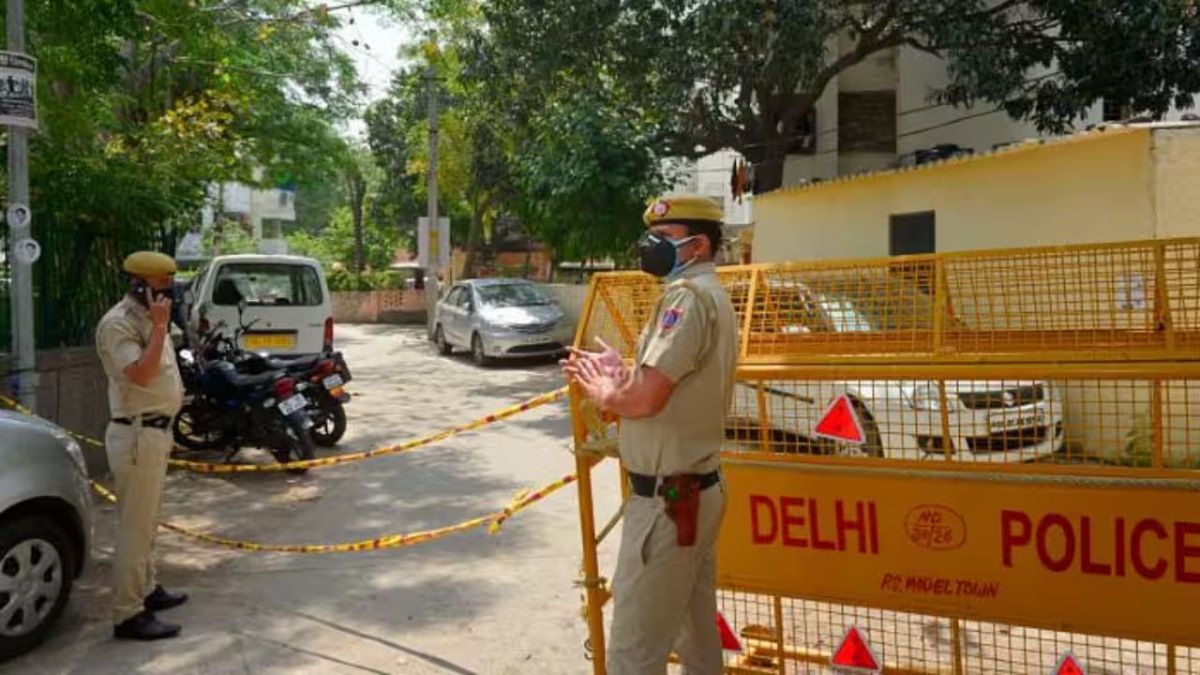)



